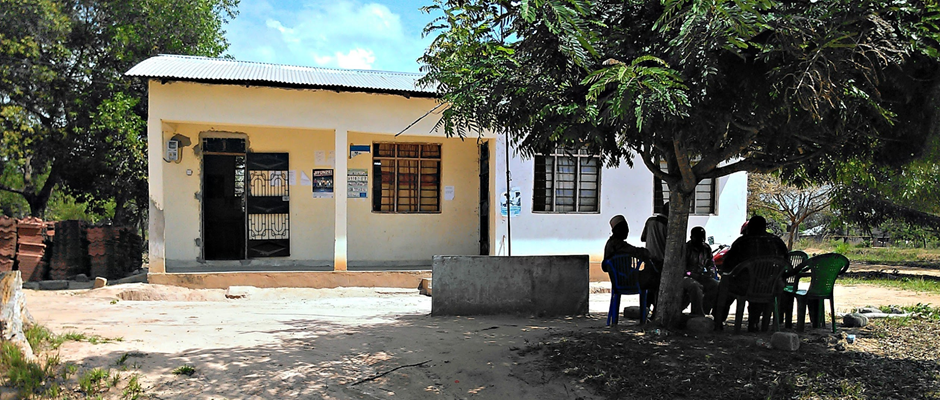
Cities are evolving quickly in the 21st century. City leaders are facing struggles that they have never faced before, including the impacts of climate change, migration, security, and a more fragile global economy. Effective city administrators often turn to evidence produced by researchers and scholars on how to solve such challenges.
When it comes to identifying and addressing the major challenges that confront contemporary urban governance, a recent study by da Cruz, Rode, and McQuarrie (2019) suggests that there is a wide gap between the scholarly research focus and the perceptions of city administrators. By comparing 408 publications in the field of urban governance with results of the Urban Governance Survey developed by LSE Cities, UN Habitat, and UCLG (2016), the authors find that the urban governance topics and issues most studied by scholars include topics like “citizen participation,” “current institutional shortcomings,” and “civil society organization engagement with decision making.” On the other hand, the Urban Governance Survey suggests that city administrators identify a completely different set of constraints, including “insufficient public budgets,” “politicization of local issues,” “inflexible bureaucracies/rigid rules,” and “lack of municipal autonomy”.
The priorities identified by city administrators suggest that it is important to understand urban governance in an intergovernmental context, which involves the “administrative side” including legal frameworks, multi-scalar institutional relationships, and innovative policies, and the “democracy side” including elements like decentralization, autonomy, representation, and inclusion. It is rare that academic studies in this field cover both sides.
Based on their review of current themes and priorities, the authors then propose an update on the research agenda of urban governance issues. They suggest several topics that require extra attention from academia, especially political and fiscal empowerment of the local government, and questions regarding innovation and technology. While urban development is highly dominated by policymaking at the national and state levels, the lack of autonomy and authority cripples the ability of cities to deal with swift urban growth. Nevertheless, a great portion of cities’ budgets and funds comes from the national government. This curtails their resources and commitment to directly engage in international networks around areas such as climate change, education, healthcare, or transport, which would be both politically and fiscally beneficial to local governments through better decision-making from knowledge acquirement. Multi-level government negotiation and city diplomacy, thus, are crucial to addressing this dilemma.
Another topic that requires more research according to da Cruz, Rode, and McQuarrie is “Digital Era Governance.” There is ample evidence that advancement of technology brings forth more efficient policy implementation and promotes transparency and accountability. However, we still have very little understanding of the implications of these technological advances because most of the technologies are not subject to research. Plus, as technology is being placed at the core of urban governance by the digital era, updated management tools and regulations are often missing.
Contemporary urban governance is facing unprecedented challenges as the rapidly evolving global community continues to add new complex elements. Moreover, cities are often the test beds for innovative–yet sometimes risky or controversial–policies that address social and environmental problems. Meanwhile, cities often lack the autonomy and capacity to deal with these problems. It is crucial for academia to listen to the practitioners, see the real salient issues that constrain effective urban governance, and contribute to the development of solutions by setting a research agenda around these challenges and gathering systematic and comparable data and empirical evidence.
Read the entire article:
Nuno F. da Cruz, Philipp Rode & Michael McQuarrie (2019) New urban governance: A review of current themes and future priorities, Journal of Urban Affairs, 41:1, 1-19, DOI: 10.1080/07352166.2018.1499416



